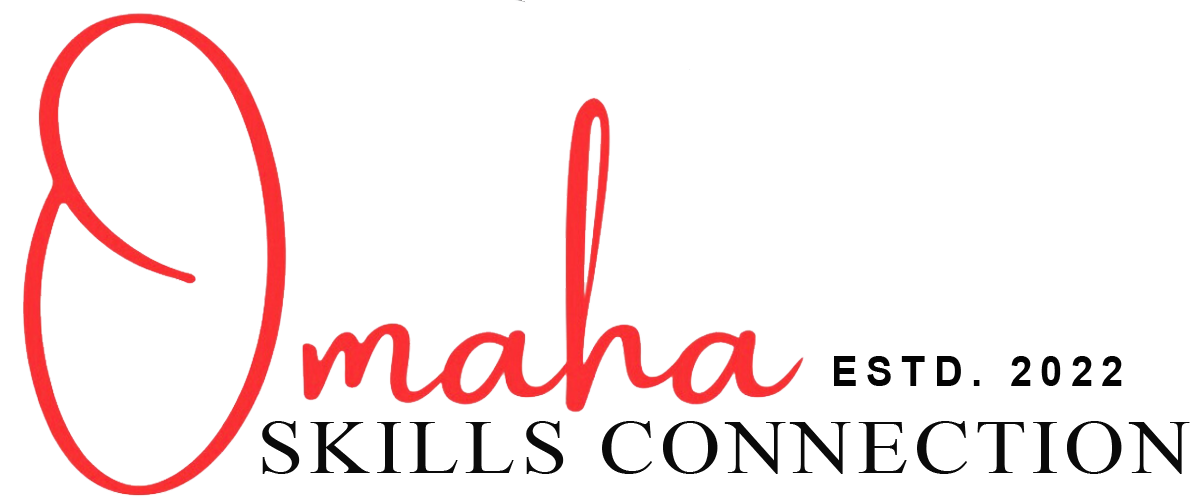By: Brendan Heida, as a part of Heather Nelson’s Service Learning class.
We live in the most expansive period of social media to date. Whether it’s checking Facebook once every few months, tweeting a few dozen memes a day, hopping on the latest TikTok trend, or posting cute pictures of your latest Home Goods find on Instagram, most people have some kind of footprint on social media sites. It has never been so easy to keep in touch with family on the other side of the globe or stay updated with friends a few miles away. Many of us have a history on social media that extends several years, or maybe decades, and unless you regularly purge old posts your entire history is available for anyone to find. If you google your own name, you’ll find links for any social media as well as various other public records.
The Good
If you have an active social media presence, employers can find a lot about you very quickly. They may see how active you are with a volunteer organization in the city, or how dedicated of a parent you are. Maybe they can see your journey through college and how dedicated you were in pursuing a degree. If you are very socially conscious and vocal about social issues, that may be all a company needs to see to know you’re a fit for the culture. That auto shop you’re hoping to get a job at may see all those pictures of your ’67 mustang you restored; almost like a second resume. Your social media is a great place to show off your skills, and employers are able to take notice of that as well as your friends and family. And for those with a long history on a platform, that’s like a showcase of your personal development as well as professional.
The Bad
If you have an active social media presence, employers can find a lot about you very quickly. Do you have a dark sense of humor that rubs people the wrong way? Guess what, your employer can see that too. Did you talk up your written communication skills in the interview, but your tweets reflect…something less than refined? Well, your employer may find that. They can find who you follow, your replies and comments, and cringy old high school photos you wanted to burn back in the day. They can see how much you partied in college, and the drunken stunts you attempted in the frat house. The point is, if you’ve put your whole life on the internet, anyone and everyone can see it. There has to be some discretion in what goes on the internet and what stays in the camera roll and your notes.
The Ugly
It sure is great there aren’t any divisive topics people have very strong, and wildly opposing, views about nowadays. Oh, except everything and everything. I’m not saying we can’t talk about divisive topics online, I may think it but that’s another discussion, but HOW we have those conversations is incredibly important. If you can have a level-headed conversation with someone you fundamentally disagree with on something you are passionate about, you show a maturity that has become less and less common. If you can’t have that level-headed conversation, maybe don’t post it. Or if you do post it, think about taking it down. Once it’s on the internet it’s there forever, and that ill-conceived vaguely-racist rant may come back to bite you. To reiterate the point above, just think about what you’re showcasing about yourself before you post something online. Not everything is meant to be shared, and there are certainly parts of your life that should remain offline.
The Reality
There is a conversation to be had about the ethics of employers using social media as a basis for hiring, and whether it’s right for an employer to reject someone because of what they post on their personal, private social media. But whether you like it or not, the world we live in revolves around social media. And if you share your whole life with the internet, it becomes very easy for anyone to find the good, the bad, and the ugly about you.
University of Nebraska at Omaha
Omaha Skills Connection is a 501c3 non-profit organization located in Omaha, Nebraska established as a result of the post pandemic era to help bridge the skills gap between education, technology and today’s workforce. Omaha needs an educated, flexible and dynamic workforce in today’s knowledge-based economy. OSC connects talent to opportunity, modernizing employee development for today’s workforce.

